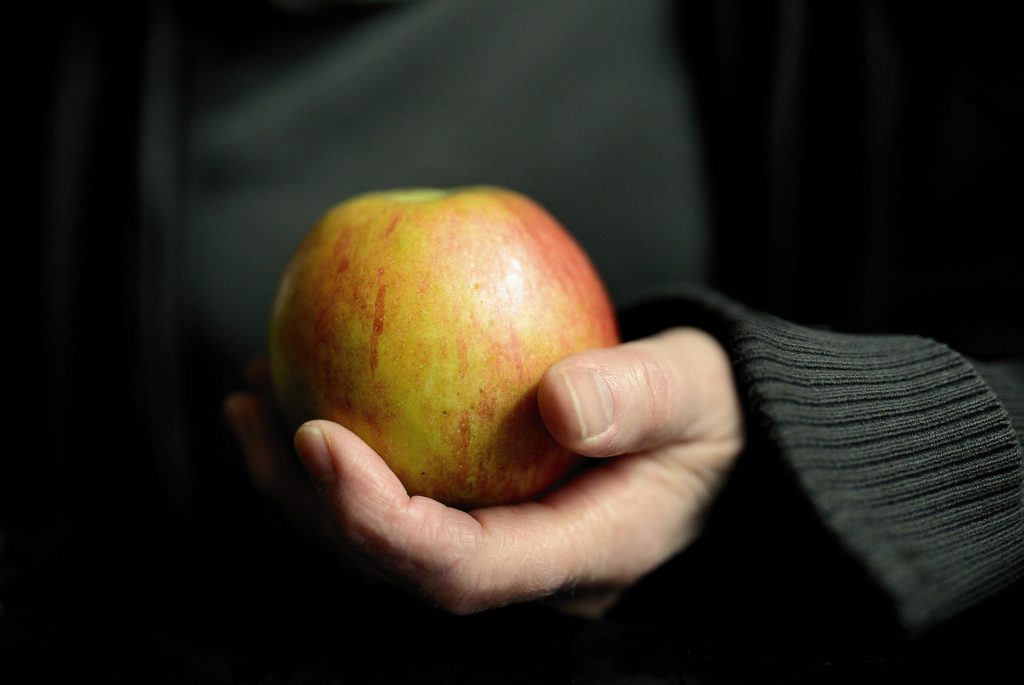In March 2022, when I watched daily news reports of the Russian invasion of Ukraine, images of a rural Ukrainian village that barely escaped the attack were shown on television. An armored vehicle of the Ukrainian army pulled up slowly along an unpaved village road. A man emerges from a house along the roadside with arms full of apples, approaches the armored vehicle, and says, "Thank you very much, please take the apples with you." One soldier jumps out of the armored car, runs toward the man, grabs the apples, and draws back to the vehicle.
This news clip suddenly reminded me of the time I spent in Russia. In Russia, many people have villas called dacha in the suburbs. Some retirees spend all year round in their dachas after retiring from work and becoming pensioners. They grow vegetable gardens and plant fruit trees for supplementing their food. On public transportation in the city, I often saw elderly people with a large bag which they had brought from their dacha. When I gave up my seat, they would often hand me an apple or pear from their bag in return for my kindness. How sad it is that two countries, Ukraine and Russia, with people who share similar ways of life, are divided, attacking each other, and growing in hatred.

Apples in Russia and Ukraine are a little different from those in Japan. Japanese apples are large and glossy, with beautiful names such as "Kougyoku" and "Akibae," and are brilliantly displayed on the supermarket shelves. Russian and Ukrainian apples are nameless apples. They are small, and their colors and forms are irregular. Some are not red enough, others are overripe. Some are scratched, or have been pecked by birds. They are piled on the shelves of stores and sold by the kilo. Some people carry them in their bags and nibble on the skin for lunch or a snack. Ukrainian apples are a small gift to thank the soldiers who risk their lives to fight off the Russians.
When I first came to Russia to study, I could not speak the language well yet. Therefore, I tried to stockpile as many words as possible to express positive emotions. Beautiful, fun, interesting, happy, delightful, delicious - I could use these words immediately without worrying about complicated grammar. Russians are generally not very expressive in their emotions. However, when Russians showed me nice places or invited me to dinner, I found that their expression relaxed a little when I said these words. For me, with my limited Russian language skills, the best way to communicate with others was to express my feelings in that simple and honest way.
The apples that the man in the Ukrainian countryside tried to offer the soldiers was probably the same as these words. For a man whose life had been saved, "thank you" alone is certainly not enough. What immediately came to hand for the man at that moment were apples. The apples were handed to the soldier by the man, invested with the man's relief at having escaped death or injury, and his pride in the men who had defended his village from attack. The Ukrainian nameless apple is eloquent.

